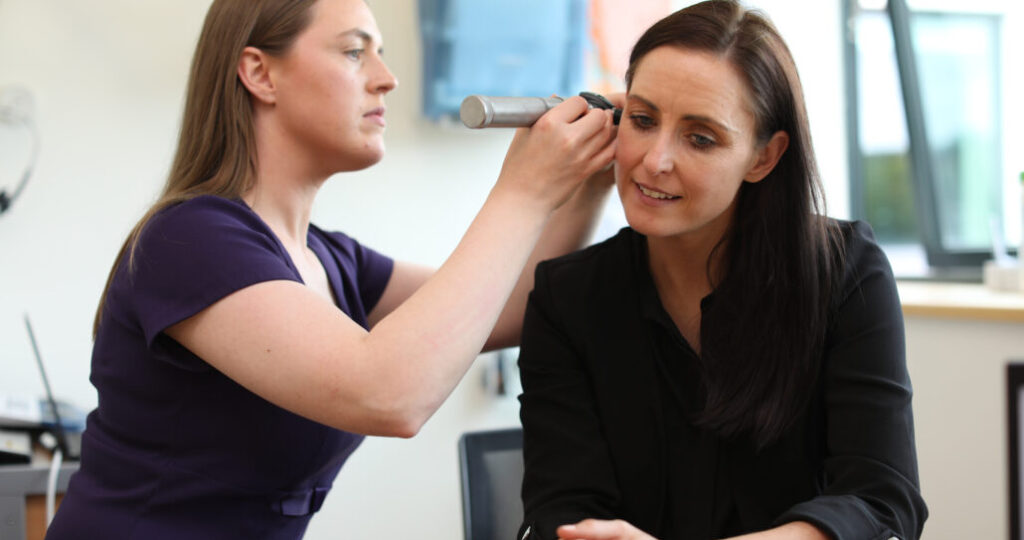Why Become a Lenire Partner?
Offer your patients clinically proven relief from tinnitus.
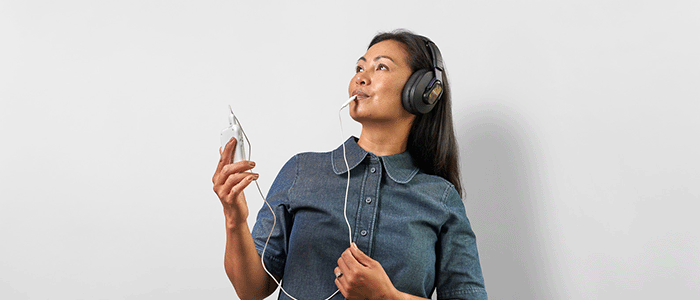
Highly Recommended
83% of trial patients recommend Lenire to treat tinnitus across three large-scale clinical trials. 4
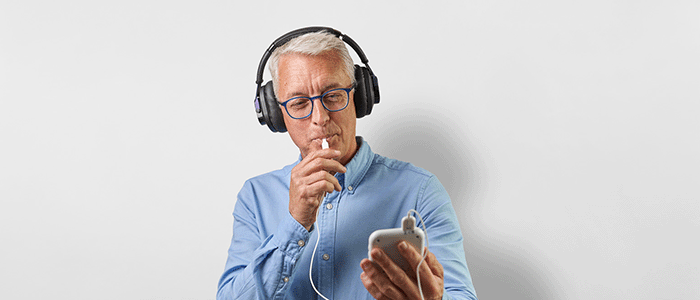
Scientifically Proven
Lenire’s technology has 136 patents and is clinically proven to soothe tinnitus. 4
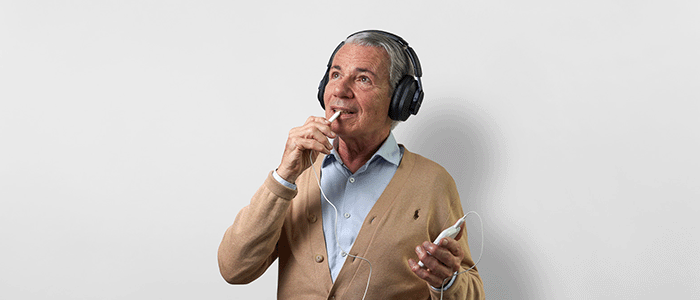
FDA Approved & CE-Marked
Lenire is FDA Approved and CE-Marked for tinnitus treatment in the US and Europe.
How Lenire Supports Your Clinic
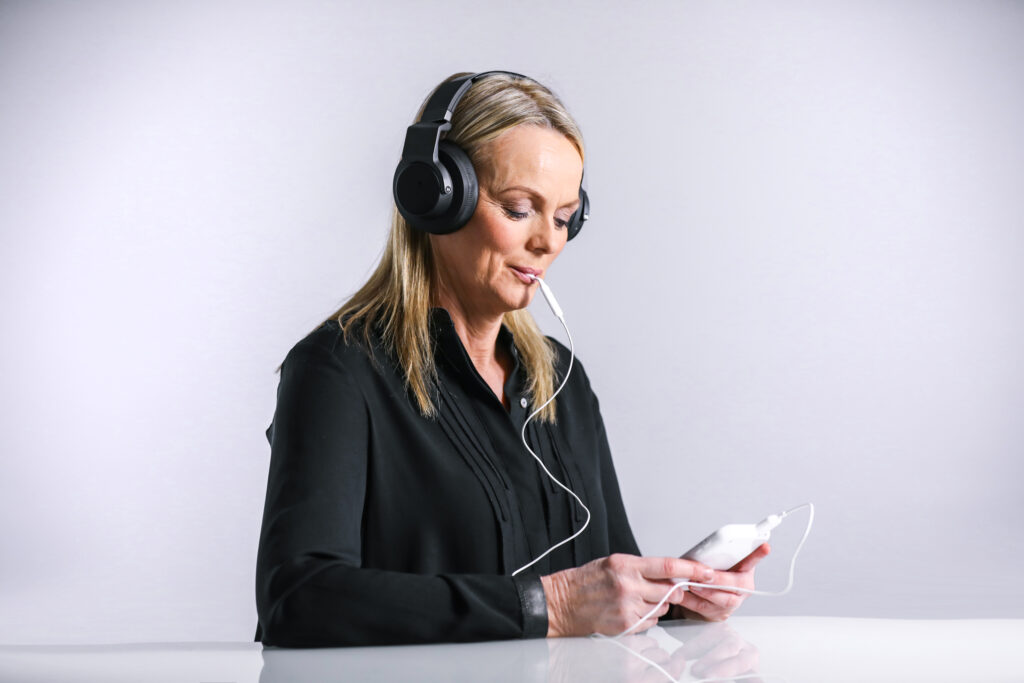
Lenire for Healthcare Professionals
We help you to achieve great clinical outcomes for your tinnitus patients.
- Onboarding: Robust in-person training for clinicians and front office staff gives your team the understanding of how Lenire will help your tinnitus patients and how to achieve great clinical outcomes.
- Support: Ongoing clinical support and technical troubleshooting from dedicated members of the Lenire team.
- Academy and Networking: Online learning platform to help your team stay informed and access to a provider community to share case knowledge.
Grow Your Practice
We work with you to ensure your practice’s ongoing success from treating tinnitus patients.
- Qualified Referral: Receive qualified tinnitus patients to your clinic who are interested in Lenire.
- Resources: Everything you need to successfully introduce Lenire into your practice, from point-of-treatment collateral to clinical hours planning.
- Local market support: We’ll work with you to spread the word in your local area about tinnitus, Lenire, and your practice.
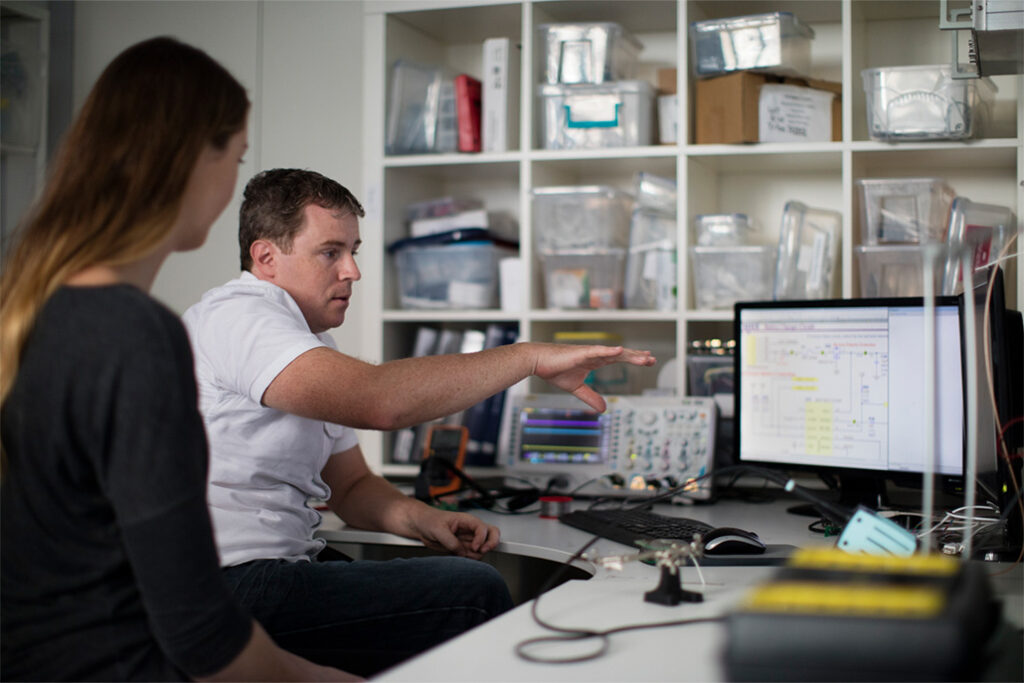
Lenire for Family Doctors
There is no cure for tinnitus but Lenire and our network of leading tinnitus specialists can change how it affects your patients.
- Refer to leading tinnitus specialists.
- Reduce recurring visits to primary healthcare.
- Grow your reputation for tinnitus support.
Connect patients to Lenire providers who offer tinnitus relief with clinically proven at-home treatment.

Lenire Patient Success Stories
Lenire for Healthcare Professionals FAQs
-
What is bimodal neuromodulation?
Bimodal neuromodulation is the stimulation of not one but two nerves at the same time. With Lenire, for example, you have the combination of electrical stimulation via the tongue as well as auditory stimulation via the ear. Research has suggested that the combined stimulation of these two nerves drives stronger adaptive neuroplasticity, which in turn can reduce the brain’s attention and sensitivity to the tinnitus sound to a greater extent than when stimulating only a single nerve at a time.
-
What patients are suitable for Lenire?
Lenire is intended for use in adults over 18 years of age, who have experienced chronic subjective tinnitus for three months or longer.
Lenire can be used safely in patients with hyperacusis.
-
What patients are unsuitable for Lenire?
While Lenire is suitable for most tinnitus patients, they should avoid using Lenire if the following contraindications are noted:
- You have a pacemaker, defibrillator or any other active implantable device.*
- You are pregnant.*
- You have epilepsy or any other condition that may result in loss of consciousness.*
- You have any condition that causes impaired sensitivity of the tongue.**
- You have oral cavity inflammation, sores or lesions that may contact the Tonguetip.**
- You have any intermittent or chronic neuralgia in the head and neck area.*
- If you have Meniere’s disease.* Lenire use has not been evaluated for Meniere’s disease.
- If you have objective source tinnitus.
- In the presence of oral piercings.
*Unless directed by a physician.
**Unless directed by a physician or dentist. -
What is Lenire’s fitting range?
Please note that some patients with severe hearing loss may not be eligible for Lenire. Lenire cannot be configured if a patients has a hearing threshold (AC) in either ear of >40dBHL in the range of 250Hz – 1kHz or >80dBHL in the range of 2kHz- 8kHz.

-
What is my role as a Lenire Provider?
The Lenire tinnitus treatment device is used as part of a treatment plan prescribed and supervised by a qualified healthcare professional. From the very first assessment, a healthcare professional, such as Audiologists or ENT surgeons, will be required to tailor the treatment to achieve the best outcome for the patient. This includes:
- Assessment: The patient receives a hearing test and a tinnitus assessment from their healthcare professional to see if Lenire is suitable for them. Lenire will not be suitable for every patient so the healthcare professional may decide to refer them to other treatments.
- Device Fitting: If Lenire is deemed suitable and prescribed by the healthcare professional, Lenire’s audio and tongue stimuli are configured and calibrated to the patient’s characteristics during the fitting appointment. This allows the healthcare professional to tailor the treatment to the individual patient based on their hearing profile and tinnitus experience.
- Follow Up Appointments: Follow-up appointments allow the healthcare professional to assess the patient’s progress. It’s possible the healthcare professional may decide to change the configuration of Lenire’s stimulation during a follow up appointment to get the best outcome for the patient. If the patient has any issues throughout the treatment plan, it’s important that they contact their healthcare professional as a visit may be required in which the device’s settings are readjusted.
- Continued Use: At the end of the prescribed treatment plan, the healthcare professional will advise each patient on their continued use of the Lenire device from home.
- Assessment: The patient receives a hearing test and a tinnitus assessment from their healthcare professional to see if Lenire is suitable for them. Lenire will not be suitable for every patient so the healthcare professional may decide to refer them to other treatments.
TENT-A2 Clinical Trial THI Improvement 2
Other Resources for Healthcare Professionals
Published Research Papers
Science Translational Medicine and Scientific Reports published Lenire’s Clinical Trial results.
Order Materials to Your Clinic
Request Lenire point of treatment materials for your clinic and your tinnitus patients such as brochures and referral cards.
1. TENT-A1 Conlon et al., Sci. Transl. Med. 12, eabb2830 (2020)
2. TENT-A2: Conlon et al., Different bimodal neuromodulation settings reduce tinnitus symptoms in a large randomized trial, Sci Rep.
3. TENT-A3: Clinical trial data in preparation for independent publication: clinicaltrials.gov/ct2/show/NCT05227365.
4. Aggregate: TENT-A1, TENT-A2, TENT-A3 aggregate clinical trial results.
Note 1: All statistics based on compliant patients. Patient compliance criteria is detailed in Lenire’s clinical trial design.
Note 2: TENT-A1/TENT-A2 were not considered by the United States of America FDA as part of Lenire’s FDA Grant and, as such, applies solely to outside the US.
